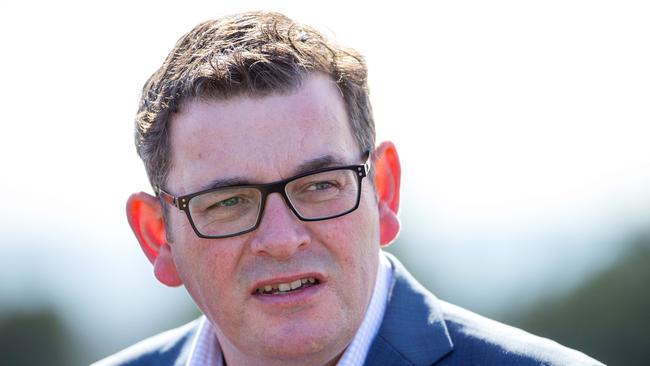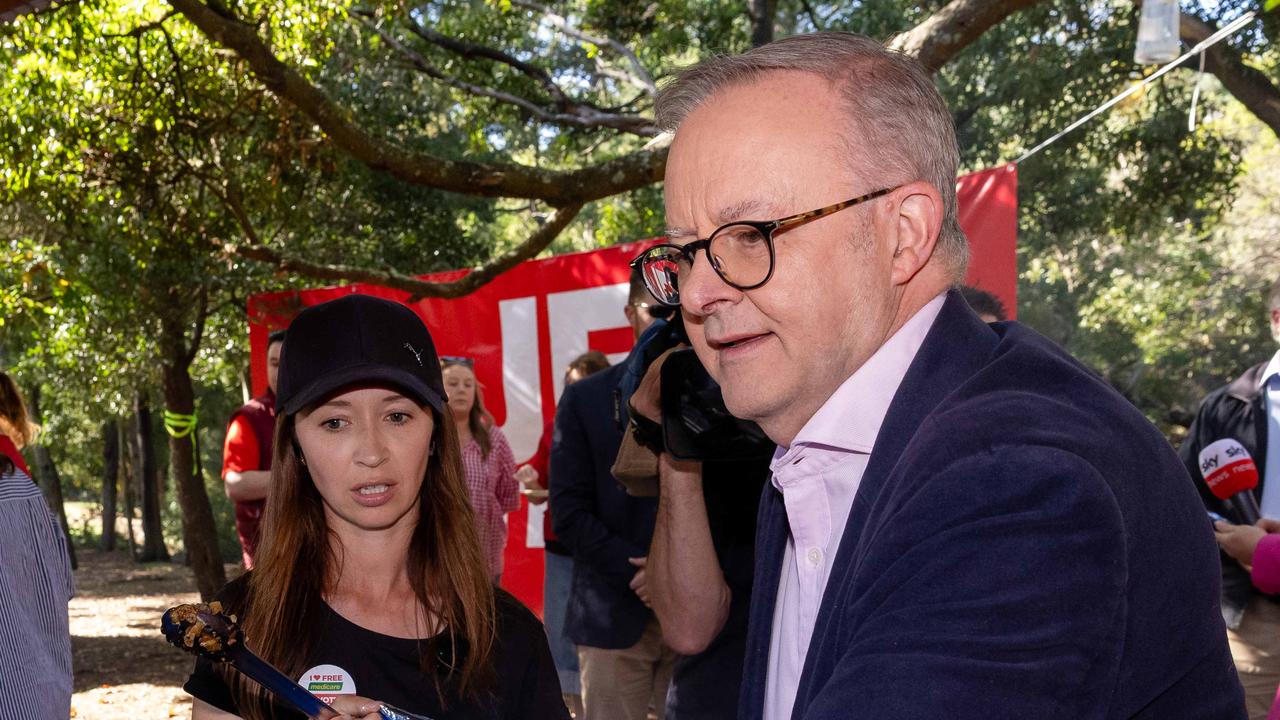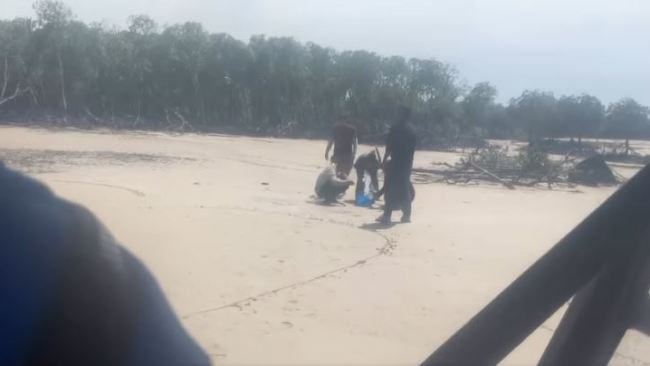Daniel Andrews’ payroll costs hit $26.6bn, up 40 per cent
Victoria’s public service wages bill has increased at almost four times the rate of the population growth, the Auditor-General has found.

Victoria’s public service wages bill has increased at almost four times the rate of population growth, the Auditor-General has found, warning that the Andrews government must rein in employee expenses for the sake of the state’s financial stability.
In his audit of the state of Victoria’s annual financial report, tabled in parliament on Wednesday, Auditor-General Andrew Greaves found the state’s wages bill — the government’s largest operating expense category — had risen by 40 per cent, from $19bn in 2013-14 to $26.6bn in 2018-19.
The public sector workforce increased from 217,000 in June 2014 to 263,000 in June this year — an increase of about 4 per cent per year, or 21.2 per cent in total — while the population had grown by 11.9 per cent.
The Auditor-General’s warning comes amid pay negotiations with numerous public sector unions that are refusing to accept offers of a 2 per cent pay rise, and after Premier Daniel Andrews and his ministers accepted 11.8 per cent increases to their own pay packets in September.
“If the state is to maintain its financial performance, the government must continue to closely monitor and manage growth in its employee costs, which account for one-third of its total expenditure,” Mr Greaves found.
“Unlike discretionary grants and most expenditure on supplies and services, staff costs tend to be effectively fixed over the short to medium term. These costs, and the size of the workforce, steadily increased at rates well above comparable benchmarks over the last five financial years.
“There are no comprehensive and consistently reported direct measures of public sector workforce productivity. Therefore, we cannot readily discern how much of the growth in the workforce is due to increases in the quantity and/or quality of the goods and services being delivered, or the result of workforce inefficiency.”
The Auditor-General also found public sector wages growth had outstripped that of the private sector, increasing at 3.3 per cent in 2018-19, compared with 2.5 per cent in the private sector.
While Mr Greaves noted state debt had increased by 26.4 per cent, or $13.1bn, over the 2018-19 financial year, with borrowing set to increase by a further $29.7bn over the next four years, he found the government’s use of cash to fund major projects including the North East Link, Melbourne Airport Rail, the West Gate Tunnel, Metro Tunnel and level crossing removals was “an important source of finance, particularly in a low interest rate environment”.
“Despite a declining position in 2018-19, the state continues to operate sustainably and remains financially well positioned,” the Auditor-General found.
Coalition Treasury spokeswoman Louise Staley said the report was “yet more proof that Labor cannot manage money and cannot manage projects”.
“They’ve racked up another $13bn on Victoria’s credit card in just 12 months,” Ms Staley said. “It’s no wonder Daniel Andrews, Tim Pallas and Labor are trying to short-change our police and other vital workers: they are running out of money quickly.
“Labor needs to stop spending and start managing Victoria’s finances properly and prudently.”
Mr Pallas, the Treasurer, said the report confirmed Victoria’s “solid financial position, as well as the capacity of our infrastructure program to underpin demand in the economy”.




To join the conversation, please log in. Don't have an account? Register
Join the conversation, you are commenting as Logout